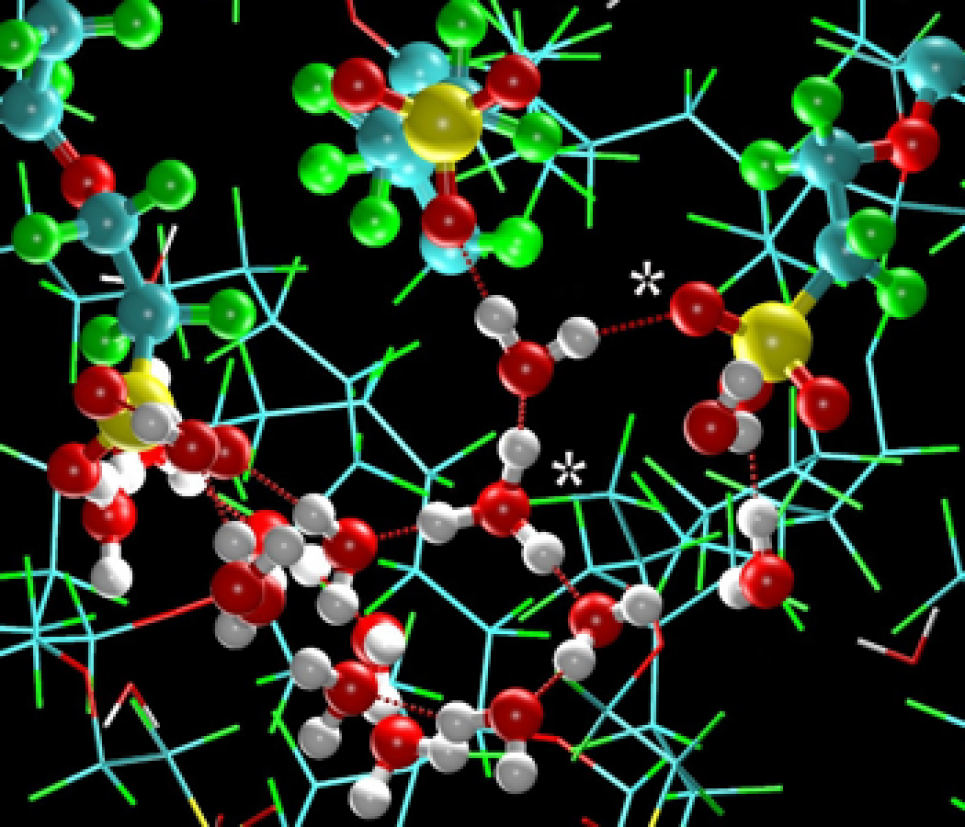
Quantum Chemical Studies of Reaction Pathways and Thermophysical Properties of Materials
Owing to developments in computer power and algorithmic efficiencies, quantum chemical methods have become essential toolsfor both fundamental scientific research and industrial problem solving. Quantum mechanics is routinely used in multiple industries including pharmaceuticals, polymers, specialty chemical production, and even national defense. Knowledge of reaction pathways and material properties are essential for improving and developing new materials and processes. In this presentation, I will showcase the application of density functional theory in combination with the growing string method, a novel reaction pathway finding technique, to elucidate the cationic polymerization mechanism of polyisobutylene. Additionally, I will discuss the role of defects on the decomposition of chemical warfare agent simulants in Zr-based metal organic framework. Lastly, I will present a formalism for accurate estimation of dipole moment using quantum mechanics for complex molecules having conformational degrees of freedom and its application for estimating thermal physical properties.
Note: The link to the recorded seminar will post to the CELS Seminars website after the presentation